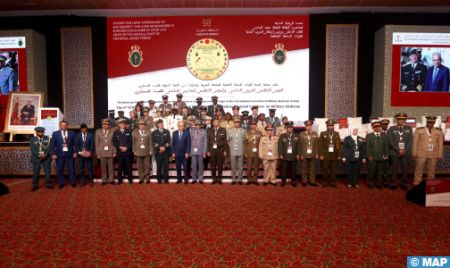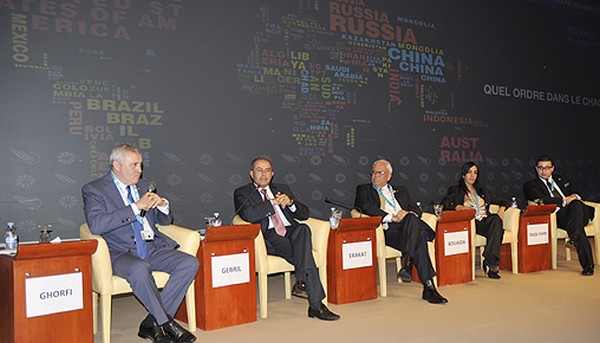High-ranking military medical leaders and professionals from the Maghreb and the Arab world are meeting in Marrakesh to discuss cooperation ties and exchange experiences to counter current and future common challenges.
The four-day event, which opened Wednesday, is organized by the Royal Armed Forces Health Service under the aegis of the International Committee of Military Medicine (ICMM). It is attended by military physicians, surgeons, pharmacists, dentists, veterinarians, health engineers and managers.
The opening ceremony of the 6th ICMM Pan-Arab Regional Congress and the 6th ICMM Maghreban Regional Congress on Military Medicine was marked by the screening of a video showing the Royal Armed Forces response to Al Haouz earthquake and presentation on “Arab-Islamic medicine”.
In his keynote address, Minister Delegate in charge of national defense administration Abdeltif Loudyi said the wars, natural disasters, climate change, and the spread of epidemics the world is facing require greater global mobilization to mitigate the impacts of these issues.
He lauded the swift response of the Royal Armed forces and their medical emergency medical team, upon the royal instruction, to participate in the search & rescue operations and to provide assistance to Al Haouz earthquake victims.
For his part, Major-Gen. Dr.Mohamed Abbar, Military Health Service Inspector, said armed conflicts, disasters in all their forms and deadly epidemics that the world is experiencing, particularly in recent years, continue to pose the greatest challenge to humanity.
He called for more intensified efforts and capacity building to adapt to various circumstances and address challenges and with professionalism.
The agenda of the Marrakesh military medicine congress features debates and presentations on the logistical, medical, and surgical challenges in field operations, infectious diseases, scientific research, and the new technologies in military medicine.



